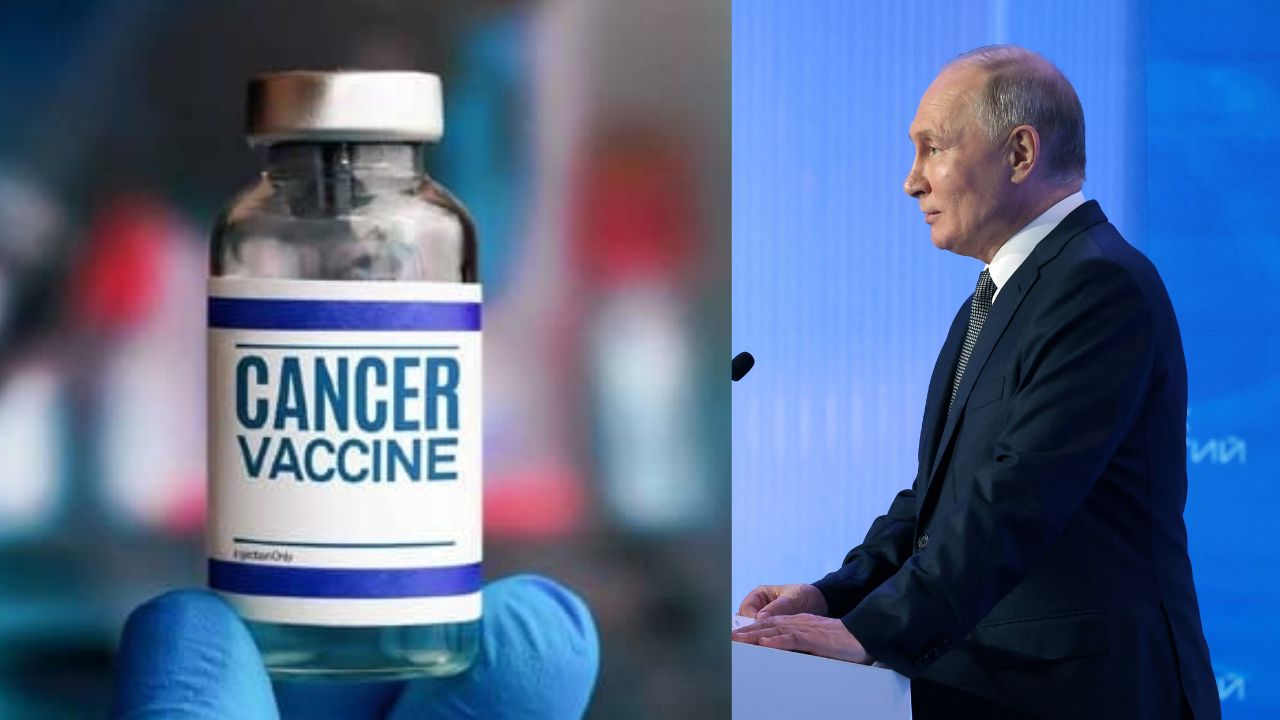Russia has made a significant breakthrough in the fight against cancer with the development of its first mRNA-based cancer vaccine. This revolutionary vaccine, set to be distributed free of charge to patients, is expected to become available by early 2025. Pre-clinical trials have shown promising results, providing hope for millions of cancer patients worldwide.
What Is the Russian Cancer Vaccine?
The new vaccine is designed to treat existing cancer patients by enhancing the immune system’s ability to identify and destroy cancer cells. Unlike traditional cancer therapies such as chemotherapy and radiation, the mRNA vaccine takes a more targeted approach, significantly reducing the potential for side effects. It works by using messenger RNA (mRNA) to instruct the body’s cells to produce specific proteins that trigger an immune response against tumors.
Promising Pre-Clinical Results
Russian scientists have reported that the vaccine successfully suppresses tumor growth and minimizes the risk of metastasis. Pre-clinical trials have demonstrated that this innovative treatment could be a game-changer in oncology. While the specific cancers it targets have not been disclosed, its broad potential is already generating global interest.
Artificial intelligence (AI) has played a pivotal role in the development of this vaccine. AI integration allows for the creation of personalized vaccine versions tailored to each patient’s specific cancer profile. Remarkably, this process can now be completed in under an hour, marking a significant leap in personalized medicine.
The vaccine’s development involved collaboration between several renowned Russian institutions, including:
- Gamaleya National Research Center for Epidemiology and Microbiology
- Hertsen Moscow Oncology Research Institute
- Blokhin Cancer Research Center
These organizations’ combined efforts have placed Russia at the forefront of innovative cancer treatments.
Global Implications and Next Steps
Although pre-clinical trials are promising, the global medical community is awaiting peer-reviewed studies and further clinical trials to validate the vaccine’s efficacy and safety. The exact types of cancer it targets, as well as its official name, have not yet been revealed.
However, the promise of a free, effective cancer vaccine is already being hailed as a monumental achievement. If successful, this development could revolutionize cancer treatment worldwide, offering hope to millions of patients.
What sets this initiative apart is its focus on accessibility. By making the vaccine free of charge, Russia aims to remove financial barriers for cancer patients, ensuring that cutting-edge treatments are not limited to the privileged few.
